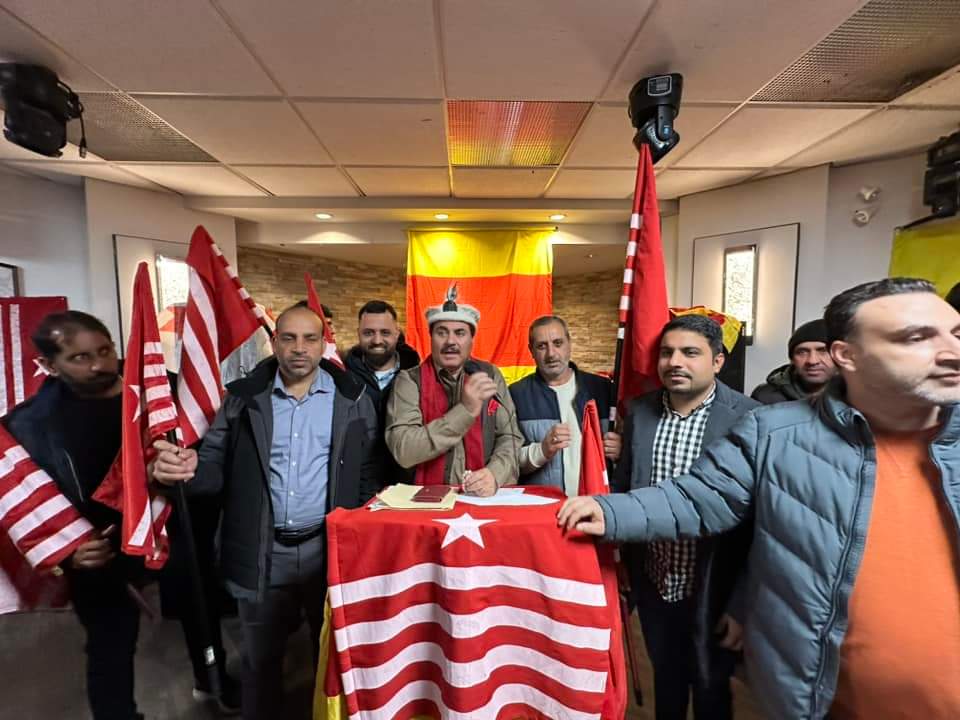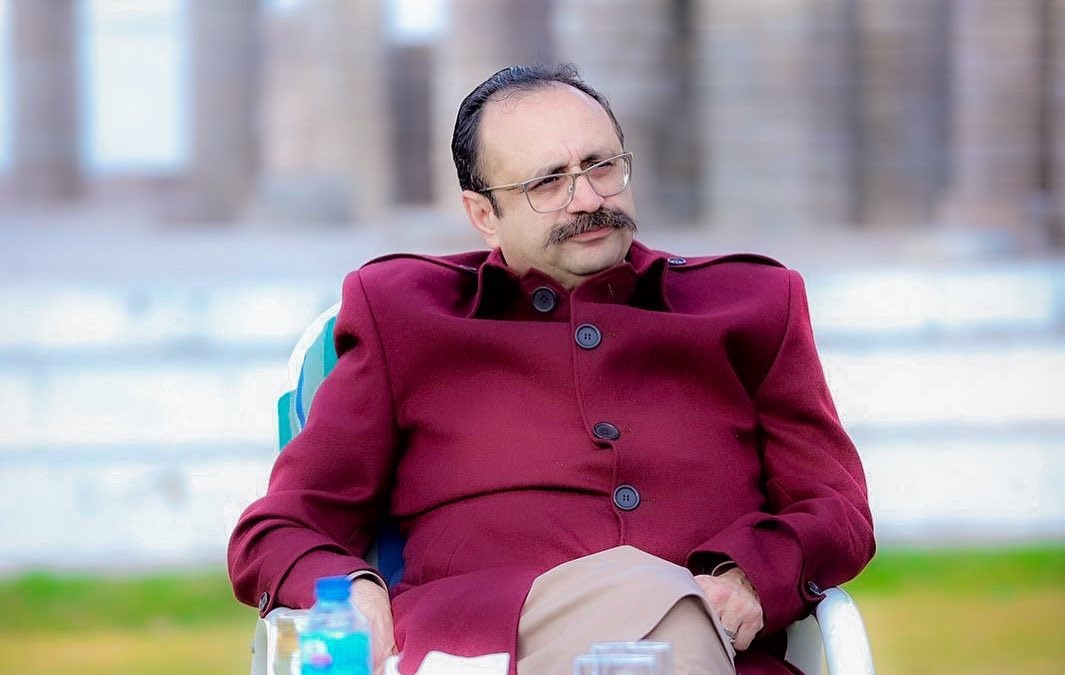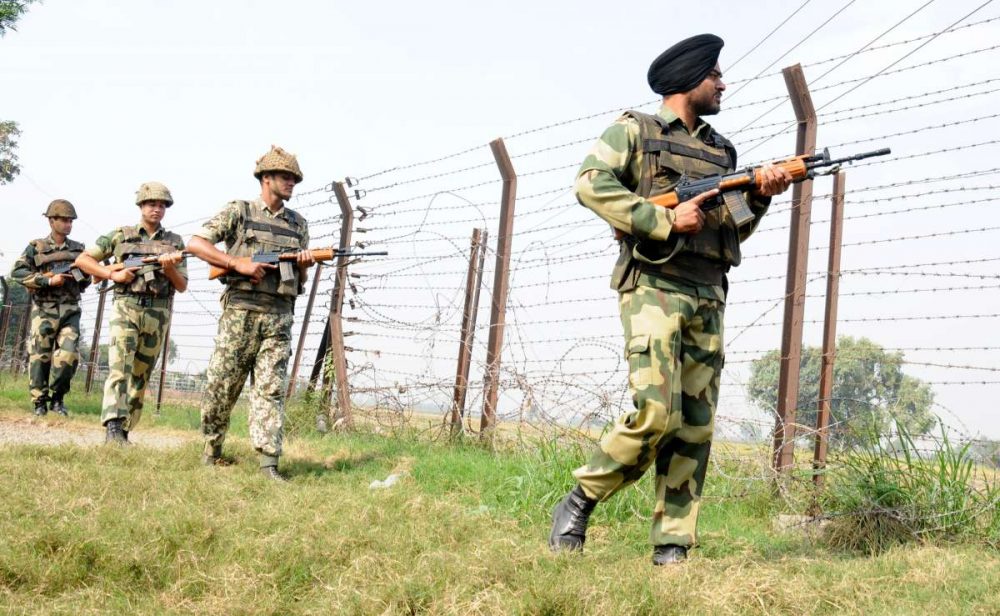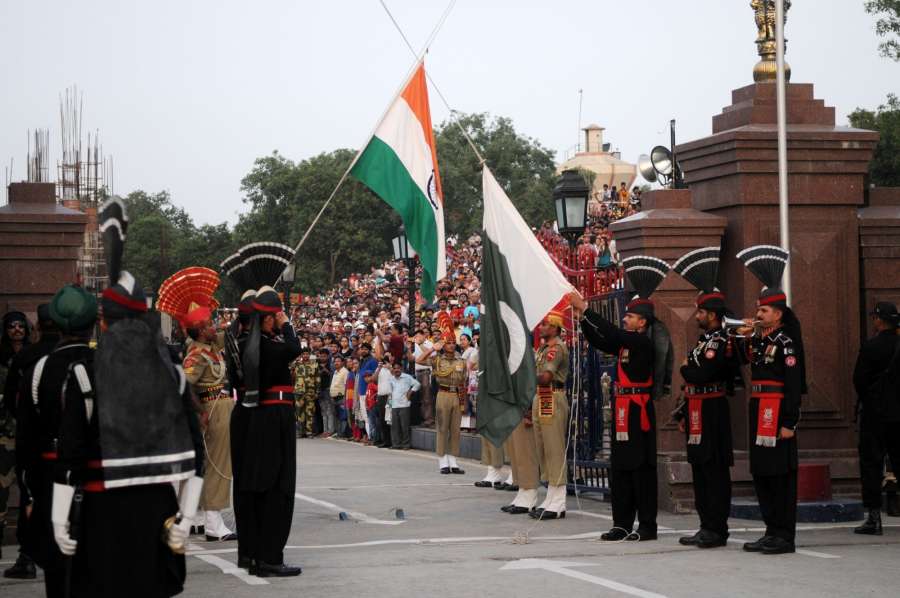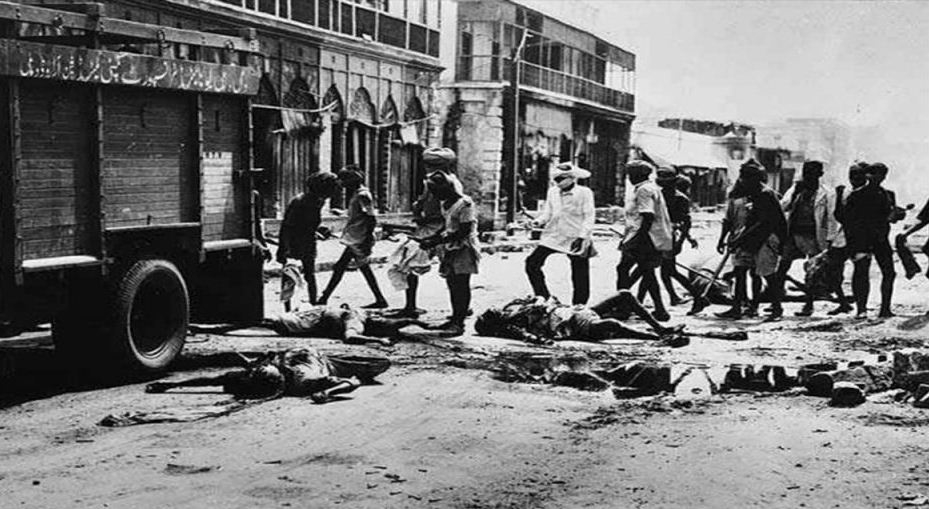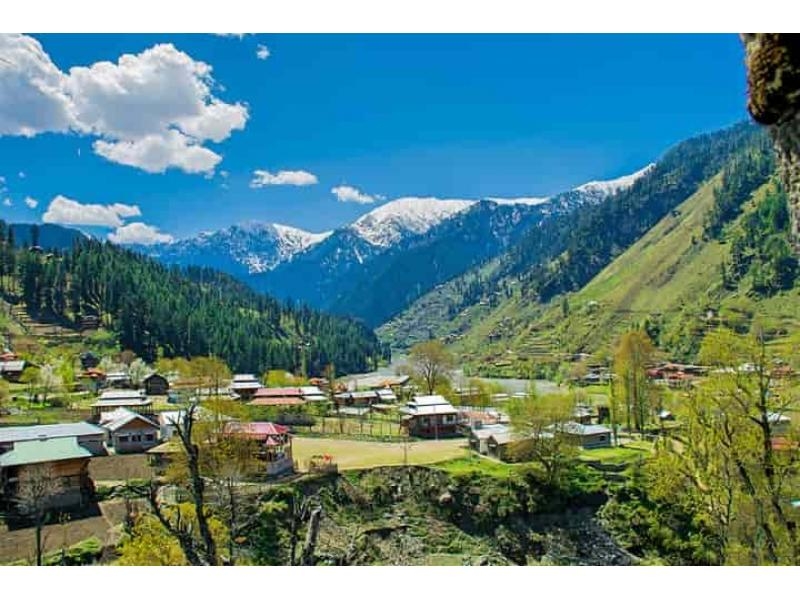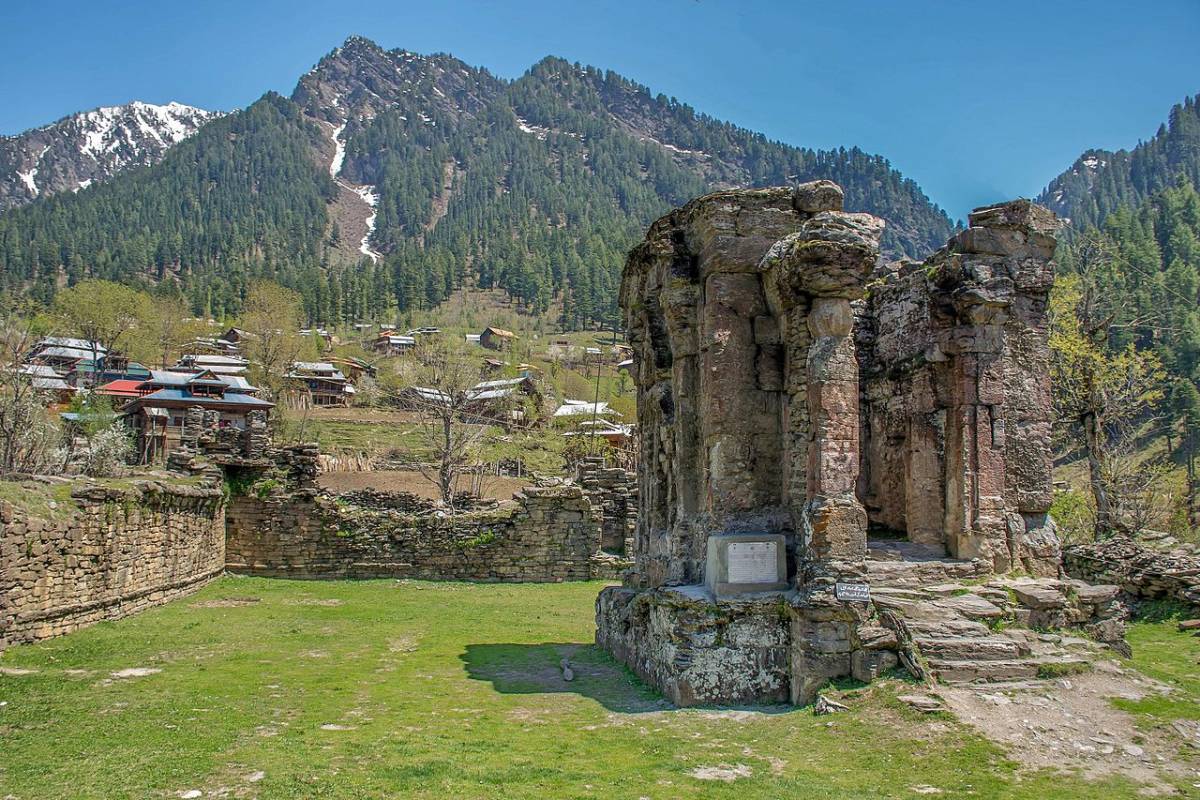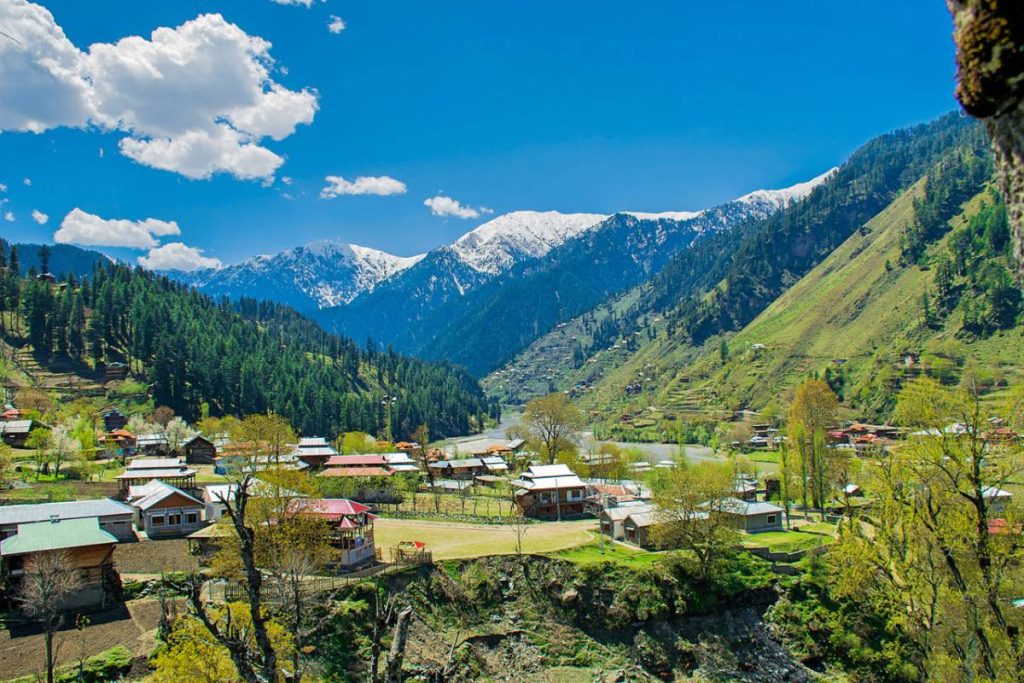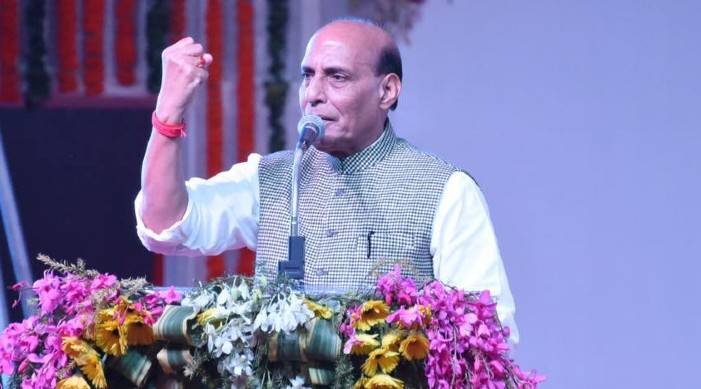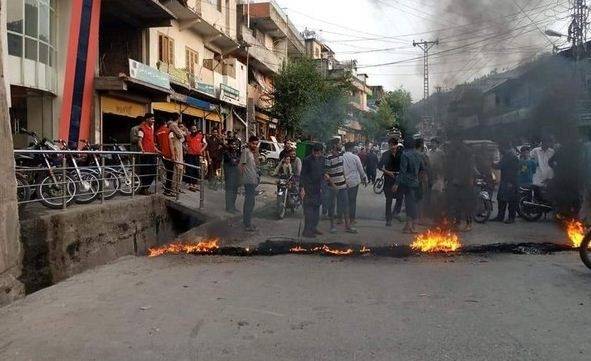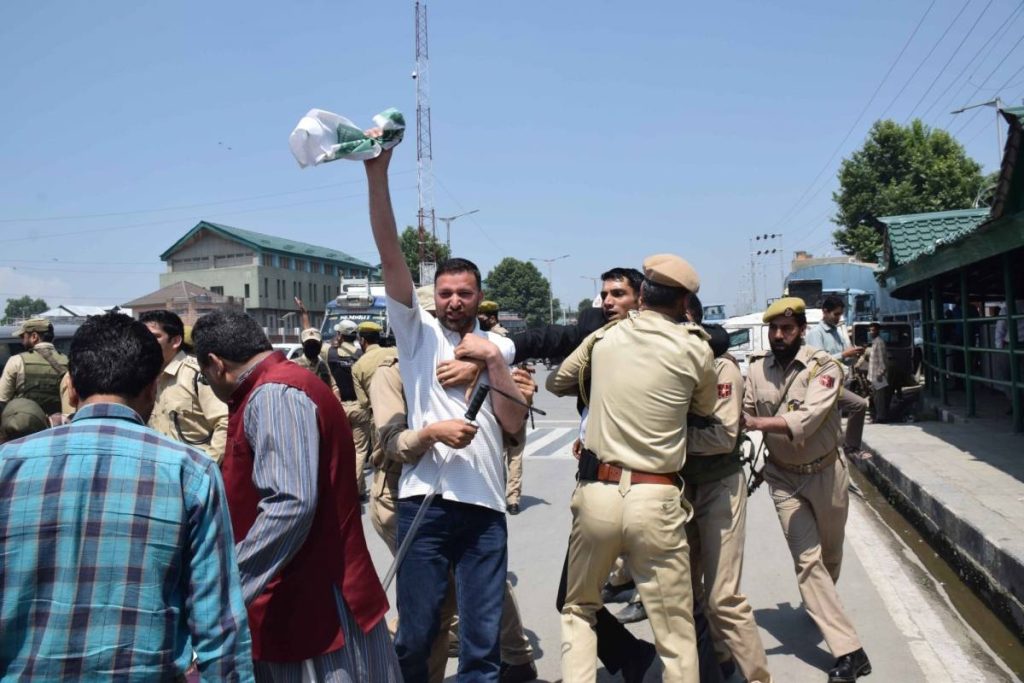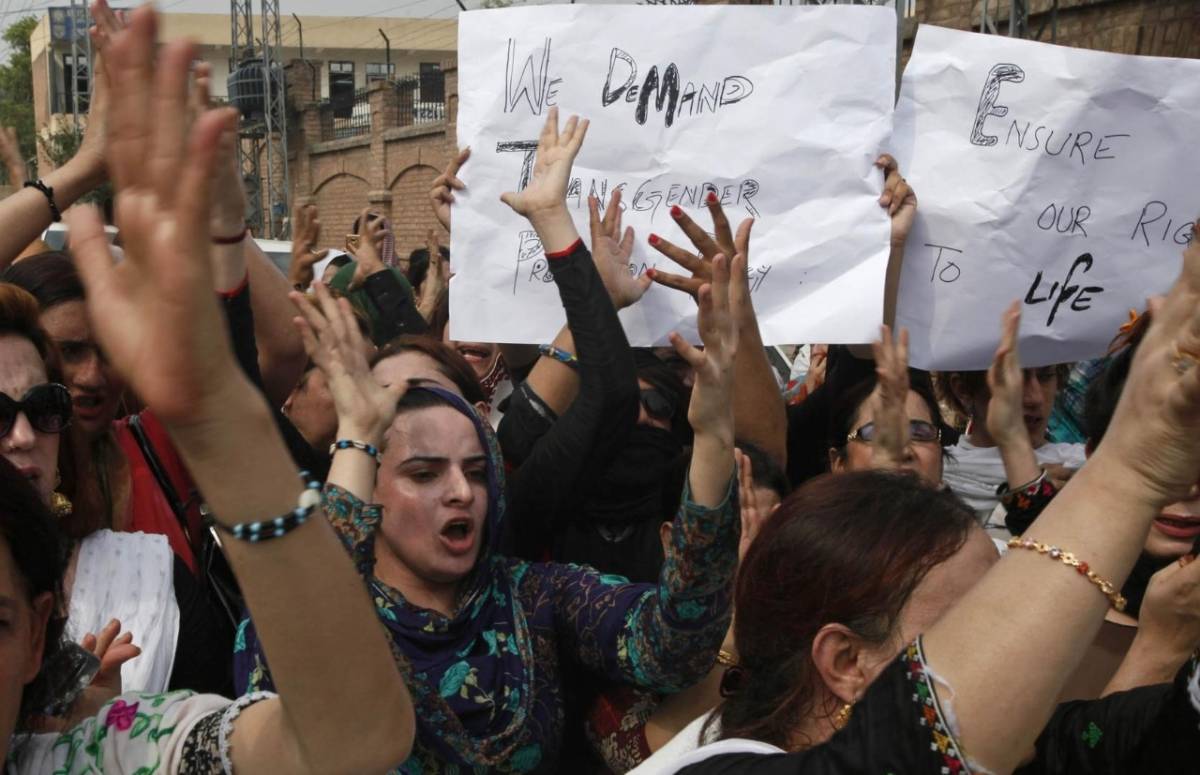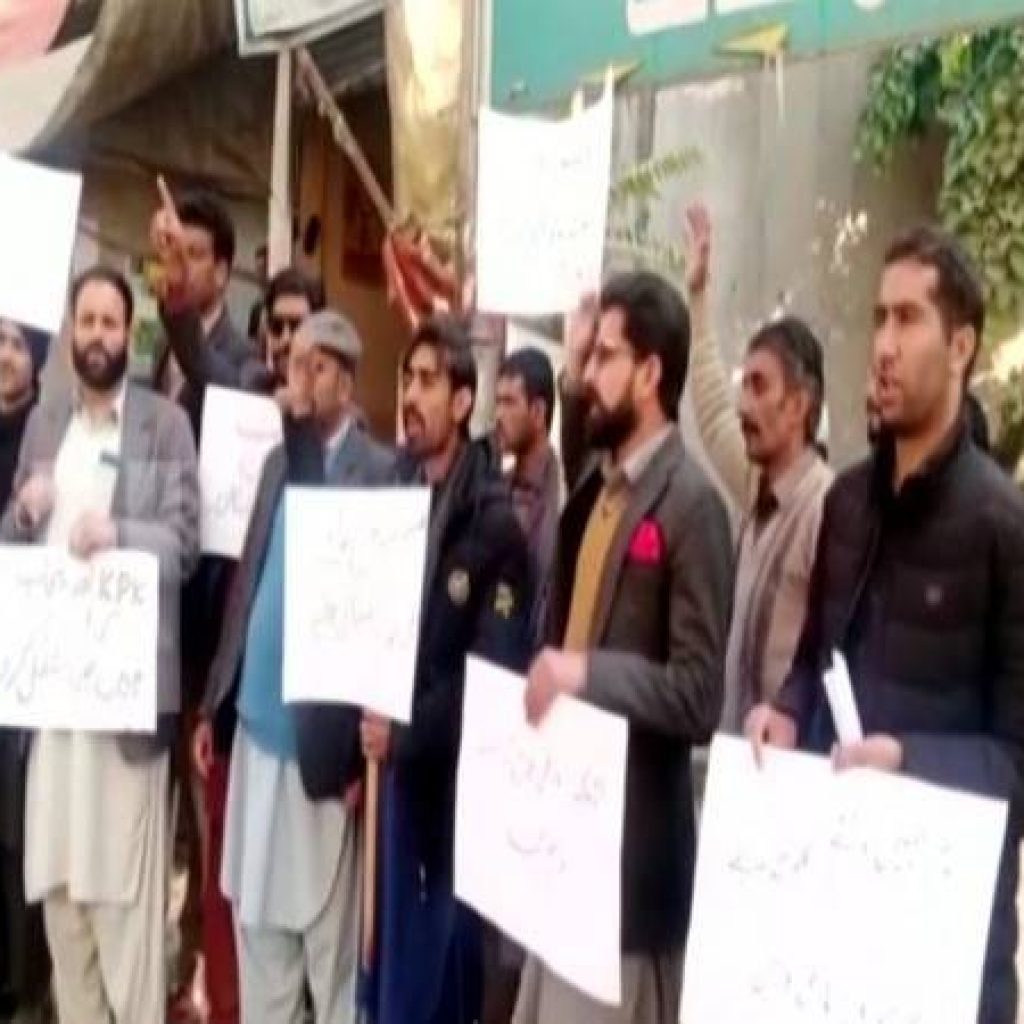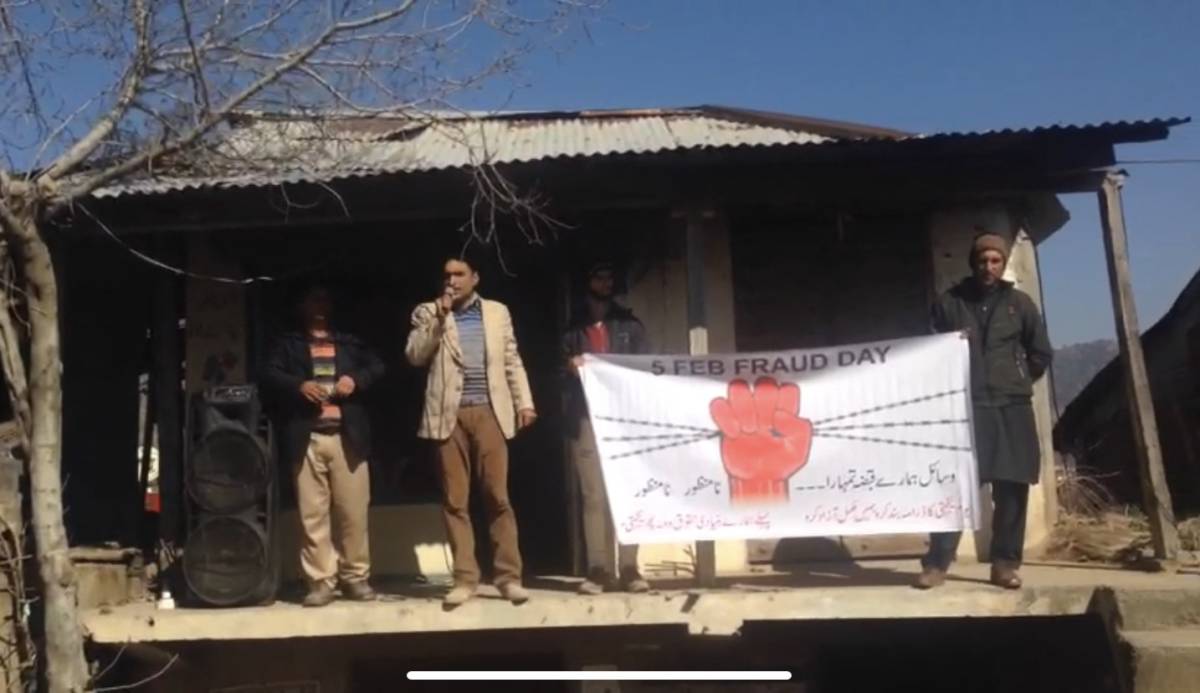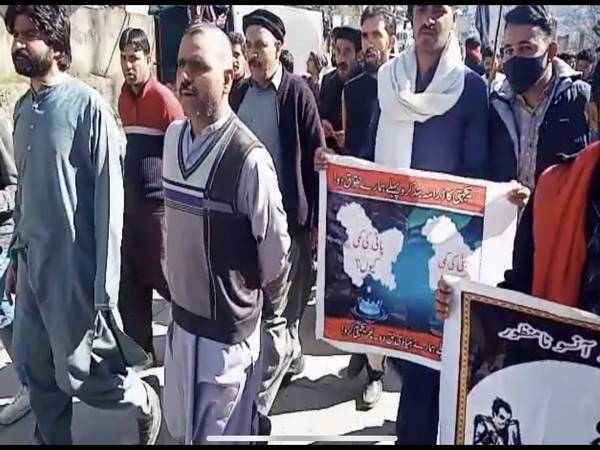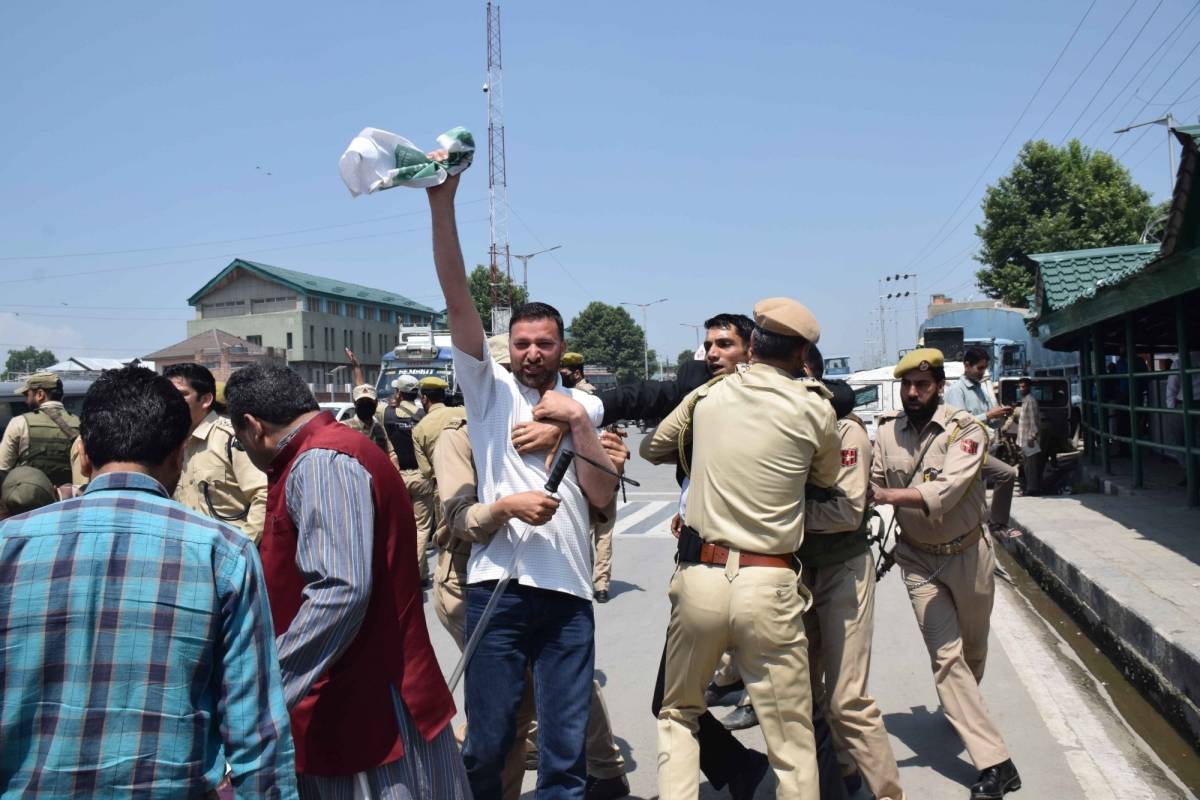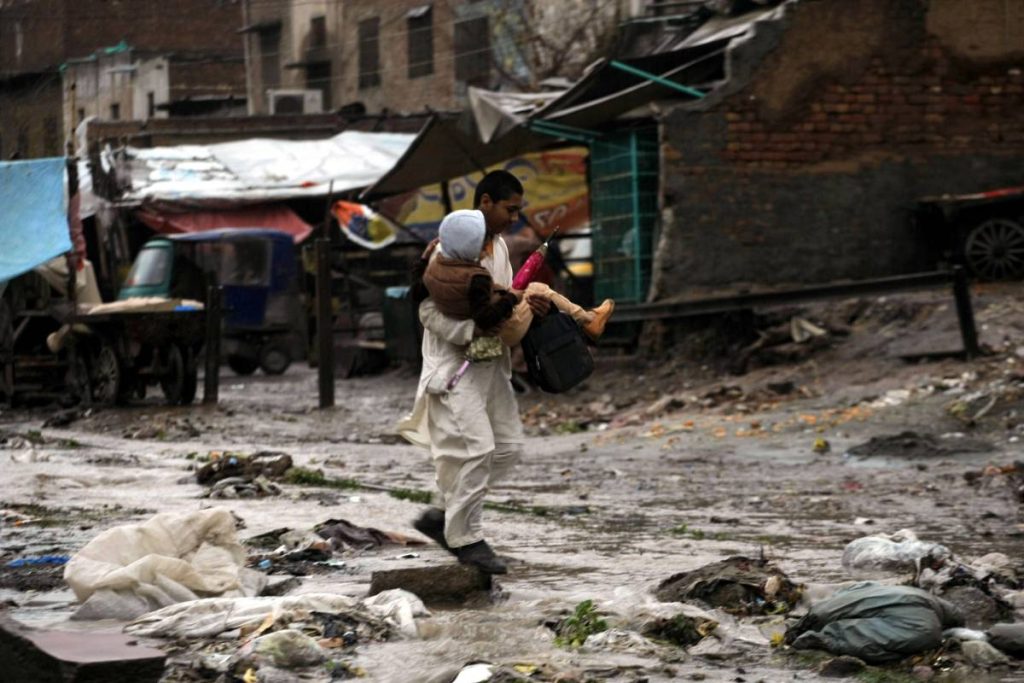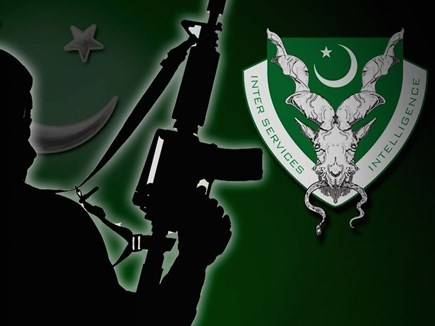UKPNP North America Event Calls for Global Demonstrations in Support of Awami Action Committee…reports Asian Lite News
Kashmiri political activists expressed alarm about widespread human rights violations in Pakistan-occupied Kashmir (PoK) during a recent seminar in Calgary.
The event organised by the United Kashmir People’s National Party (UKPNP) North America announced massive demonstrations across PoK and other parts of the world in support of the Awami Action Committee.
The event featured addresses from key leaders, including UKPNP’s Canada President Sardar Riaz Khan, and Alberta President Sardar Niaz Ahmed. They highlighted the party’s objectives and expressed gratitude for the support received.
The outfit’s General Secretary of North America Sardar Tahir Aziz outlined the party’s manifesto, rules, and regulations, addressing challenges faced by party workers in Pakistan-occupied Kashmir (PoK). Aziz condemned the harassment of UKPNP workers in Kotli and urged unity among party members in supporting those facing harm, as per a UKPNP press release.
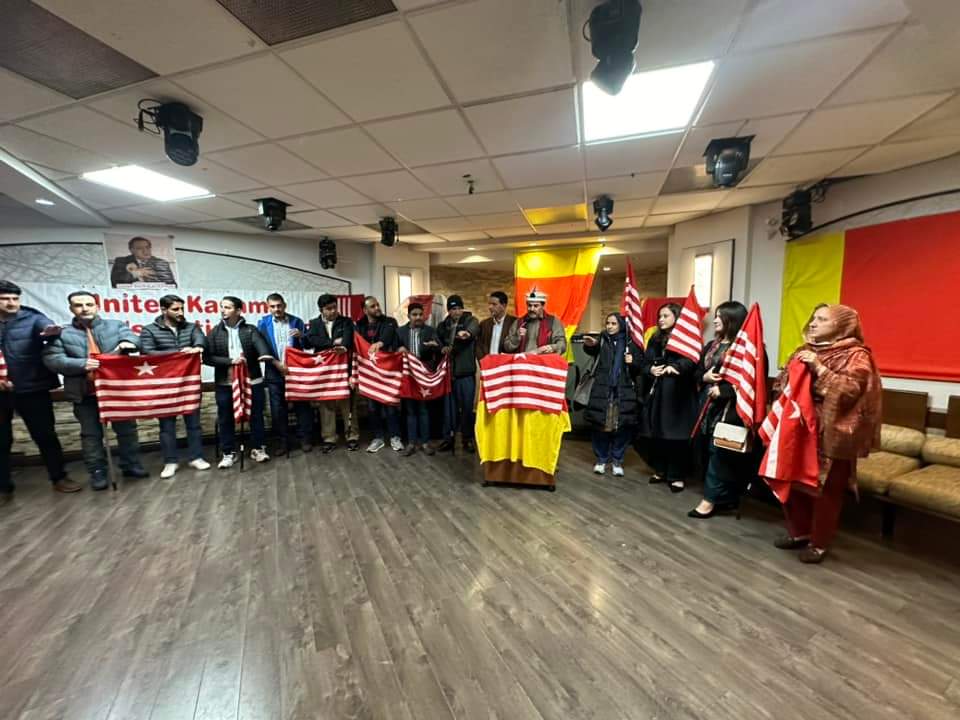
Advocate Sardar Rasheed Yousaf affirmed the UKPNP’s commitment to the ongoing movement for fundamental rights in PoK. He announced a forthcoming massive demonstration in Canada in support of the Awami Action Committee, emphasizing the urgency of meeting their demands.
UKPNP Senior Vice President Muhammad Siddique and other leaders present at the meeting reiterated their dedication to the cause.
Addressing concerns over threats and harassment, the UKPNP emphasized that such actions will not deter their peaceful struggle.
The UKPNP also highlighted concerns about Pakistan allegedly supporting extremist and terrorist groups while suppressing peaceful political and rights activists.
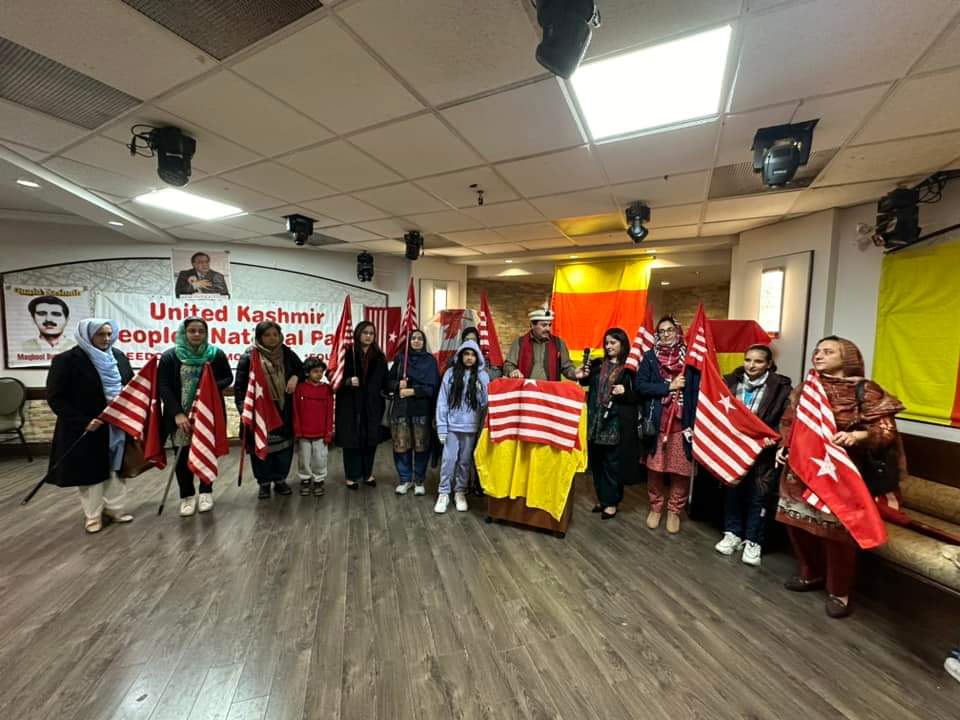
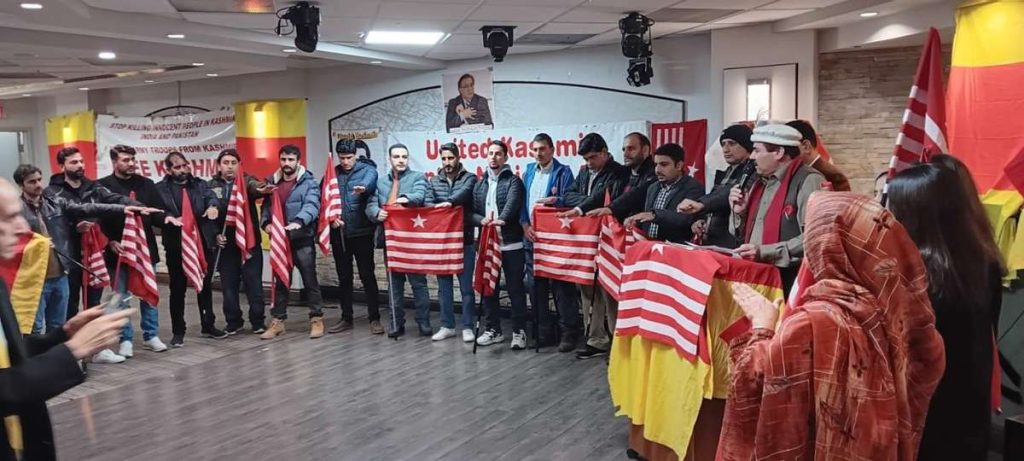
The people in Pakistan-occupied Kashmir and Gilgit Baltistan have been suffering for over seven decades since it was illegally occupied by Pakistan. The political activists exposing Pakistan’s human rights in the region are being targeted and many of them are arrested under the anti-terrorism act.
The region is facing immense security and economic problems as there are hardly any employment opportunities for the youth.
Many political organisations like the United Kashmir People’s National Party headed by exiled leader Sardar Shaukat Ali Kashmiri have been working for the betterment of the people of PoK and Gilgit Baltistan.
They continue to expose Islamabad on international platforms including the United Nations and demand international intervention to provide justice to the people of PoK and Gilgit Baltistan. (ANI)
ALSO READ: Terrorist Attack Sparks Protests in Gilgit Baltistan
ALSO READ: Gilgit-Baltistan Demands Basic Rights

